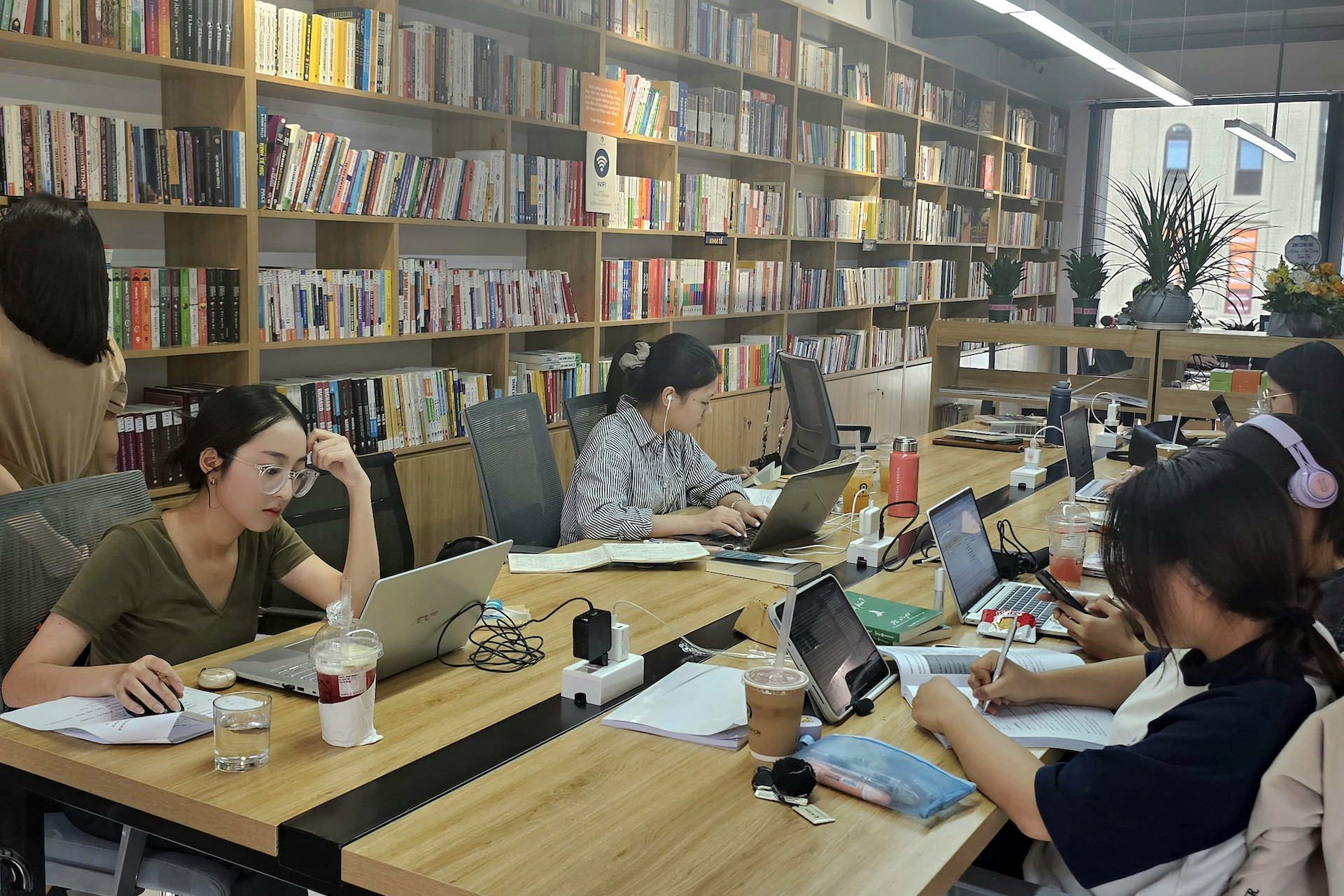
2023 was a tough year for publishers as the number of new publications and sales both decreased, especially in the last months of the year. The total number of books published in 2023 decreased by 11 percent and the number of printed copies fell by 16 percent compared with the year before.
However, there was a bright spot in the publishing industry – the strong rise of electronic books. Audiobooks in 2023 had value of VND80 billion and the number of audiobook listening sessions reached 40 million, up 25 percent over 2022, while the number of electronic book titles published was 4,600, up 31.4 percent.
It is necessary to develop a publishing ecosystem with traditional and digital forms integrated. Along with the development of the economy and culture, and the Party and State's efforts to promote a reading culture, the demand of Vietnamese readers for reading and accessing knowledge is increasing.
This paves the way for publishers to grasp great opportunities, but also poses difficulties. Today’s readers want to read books famous in the international market as soon as possible, at the same time when the original copies are published in the host markets.
Today’s market requires diverse book titles with different themes and high quality; the demand for foreign literature is high. Meanwhile, books by Vietnamese authors have been increasing rapidly in both quantity and quality. Disseminating and introducing books to the international market is also an important task of the publishing industry.
Commenting about the growth of the economy and the publishing industry, Nguyen Manh Hung, CEO of Thai Ha Books, said there are many problems, including limitations in scale and the capability of the industry, which cannot satisfy the diverse needs of society.
Hung thinks the quality of published books and publishing services is not high, while publishing activities lag behind countries in the region and the world in terms of production and business organization. The state management over publication activities remains problematic.
However, despite the shortcomings and challenges, Hung is optimistic about the publishing industry, saying there are new opportunities for Vietnam to turn publishing into an industry.
Building a reading market
Hung believes that building a publishing industry in Vietnam is feasible. However, to take initiative, it is necessary to create an ecosystem for Vietnam’s publications. And in order to do that, several steps must be done as follows:
First, create a playing field for both domestic and international publishing units by organizing professional book festivals, where publishers and authors introduce their products and authors to the international community.
The Frankfurt, Beijing and London book trade fairs have brought positive results to Vietnam’s publishing. Some publishing houses, such as Thai Ha Books, Tre Publishing House, Nha Nam and Kim Dong, attend the trade fairs.
Second, create and support reading encouragement activities at schools in localities throughout the country; establish mobile bookcases at public points such as hospitals and bus stations; and set up reading and translation encouragement funds.
The book market has expanded rapidly and it is easier to negotiate and buy copyright for books, so book censorship tends to be simple and many books with little positive life value still can be published.
To encourage Vietnamese authors to become creative, it would be better to apply preferential prices and organize mass media campaigns to bring books to readers throughout the country.
Third, the government should set up a fund that supports the translation of books to other languages and supports reading encouragement nationwide.
Fourth, regarding the publication of printed books, state management agencies need to refer to the models applied in other countries so as to simplify administrative procedures for licensing publications.
He also suggested giving more power to publishing affiliates and recognizing the role and responsibility of these units. They should be allowed to lodge complaints directly to state management agencies when discovering violations in publishing.
Tinh Le